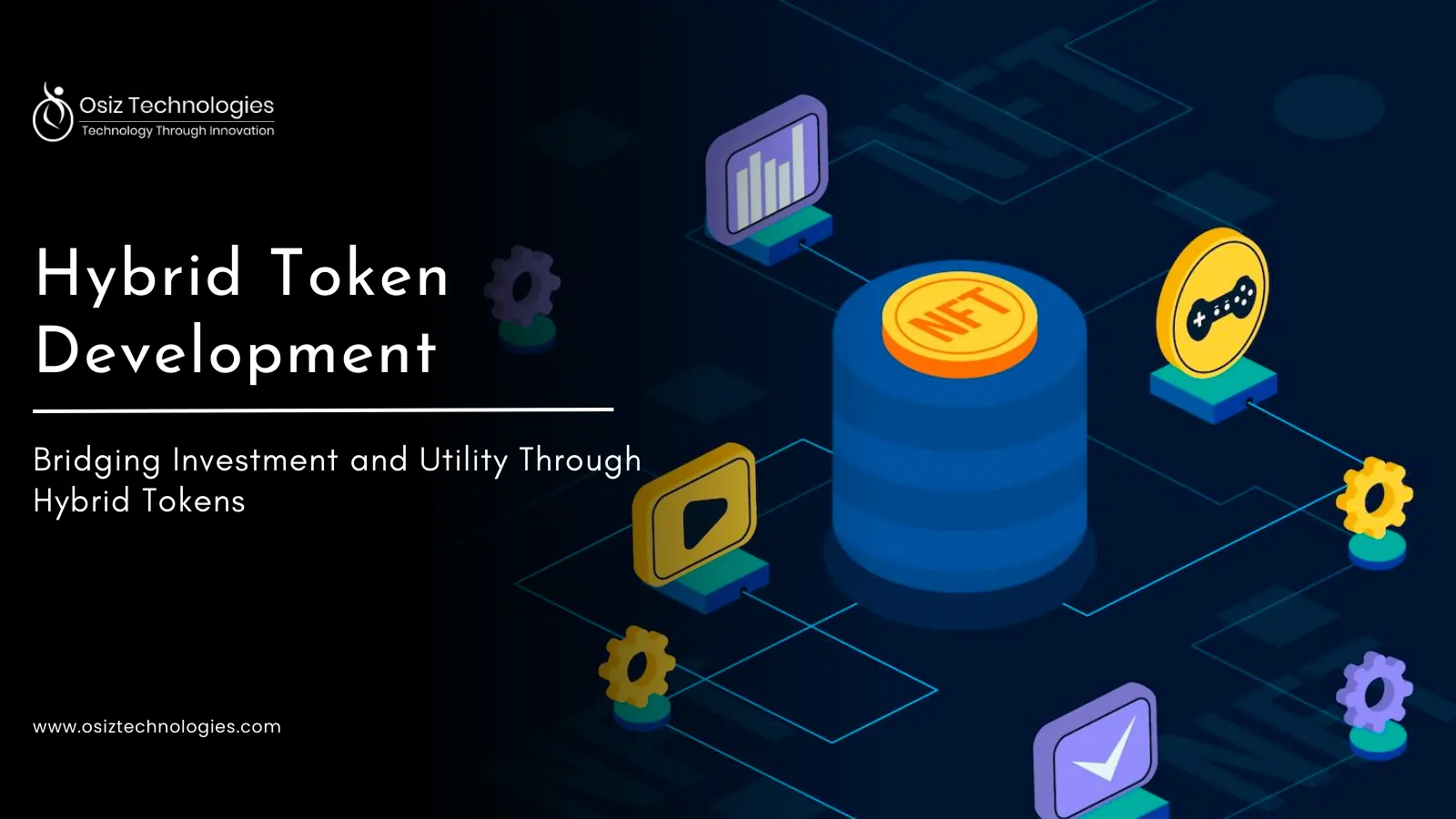AI In Live Streaming
Artificial intelligence (AI), which includes machine learning (ML) and deep learning (DL) technologies, is set to revolutionize various aspects of human life, including live streaming. Companies like Facebook have already integrated AI into their platforms, using it for tasks like facial recognition. Facebook's DeepFace, also it is more accurate than the FBI's facial recognition software. With the vast and continually growing database of user photos in facebook leads to the enhancement of the algorithm's accuracy.
AI is being leveraged to make the streaming industry more efficient, secure, and organized. From regulating illicit content to preventing copyright infringement, AI plays a crucial role in transforming the landscape of live streaming.
This blog will discuss the full circle on the role of AI in live streaming.
Let’s explore!
Understanding AI, Machine Learning, and Deep Learning
Although often used interchangeably, artificial intelligence, machine learning, and deep learning are distinct concepts. AI refers to machines performing tasks that typically require human intelligence, such as reasoning, learning, and adapting.
Machine learning, a subset of AI, involves machines gaining knowledge autonomously through data exposure, allowing computers to establish their own rules based on patterns rather than relying on pre-programmed instructions.
Deep learning, another subset, involves artificial neural networks modeled after the human brain. These networks consist of interconnected nodes (neurons) designed to process and transmit information, enabling complex functions like image and sound recognition and natural language processing.
Why Does Live Streaming Need Artificial Intelligence?
AI's complex learning processes offer vast capabilities. Industry leaders are beginning to harness AI to address challenges in live video streaming.
One major concern is the proliferation of harmful content, with increasing instances of crimes being broadcast live. The ease of accessibility and the real-time nature of live streaming means that anyone with a recording device and internet connection can broadcast content instantaneously, posing risks of abuse.
Privacy Issues Caused by Live Streaming
The unedited nature of live videos and the pervasive sharing culture on social media can create a false sense of intimacy between streamers and viewers. This can blur the lines between entertainment and personal interaction, leading to privacy invasions. Moreover, individuals victimized by crimes broadcast live, such as assault or murder, suffer additional trauma when these events are widely shared online. Platforms like Facebook and Twitter often struggle to control the spread of such content.
Object Detection as a Method of Censorship
AI can aid in content regulation through object detection, potentially replacing manual monitoring. Historically, violent streams have gone viral due to inadequate content moderation infrastructure. Facebook, for example, relied on human reviewers to flag and interrupt harmful streams, often too late to prevent further dissemination.
With machine learning and deep learning, platforms like Facebook and Google can act more swiftly and effectively. AI can automatically interpret streaming content and extract metadata to monitor and flag harmful content, protecting victims' privacy.
These technologies can generate digital signatures, or hashes, for problematic images and videos, preventing reuploads. Additionally, AI can identify new troubling content, such as violence or terrorist propaganda, more efficiently.
Content Indexing to Improve User Experience
As more video content is created, real-time cataloging becomes essential. Social media apps like TikTok use AI to analyze and personalize content for users. ByteDance, TikTok's parent company, employs AI to understand and analyze text, images, and videos, enhancing user experience and content creation.
AI is also applied to music streaming, using algorithms to analyze song characteristics and user history to suggest similar content, improving personalization.
Artificial Intelligence to Prevent Copyright Infringement
AI can address copyright protection challenges in live streaming. Whether it's a sporting event or a song, AI tools can analyze live videos for copyrighted material to prevent infringement. However, determining what constitutes plagiarism, especially in the music industry, remains complex.
Content-Aware Encoding
Video streaming services like Netflix use AI to optimize encoding settings based on video complexity. This helps manage resources and maintain video quality. For instance, low-bitrate encoding minimizes costs and saves bandwidth, while high-bitrate encoding is necessary for action-packed footage.
Netflix employs Video Multimethod Assessment Fusion (VMAF) to tailor encoding, and YouTube uses neural networks for similar purposes.
Conclusion
AI's potential in live streaming is just beginning to be explored. AI can take over numerous functions that people presently undertake, including cataloging, targeting, subtitling, and censorship. Adapting to these changes is critical to staying competitive.
However, AI also presents challenges, such as the risk of bias and offensive errors in object recognition. Addressing these issues is essential to harness AI's full potential in making live streaming safer and more efficient.
With the rapid growth of live streaming, a powerful tool like AI is necessary to manage, encode, index, and censor content effectively. As a leading AI Development Company, we Osiz transform industries to the next by enhancing business processes and productivity. From banking to supply chain we integrate AI Solutions into businesses to stay competitive in the market. The future of the streaming industry lies in embracing artificial intelligence.
Listen To The Article












